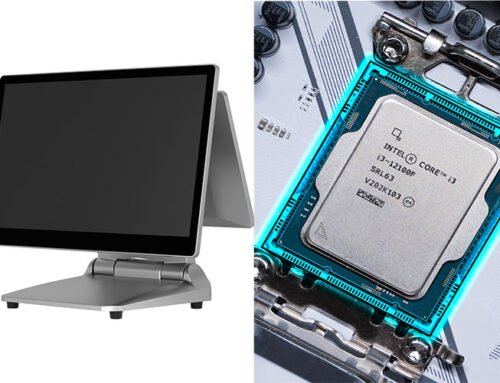In the ever-evolving landscape of commerce, Point of Sale (POS) machines play a pivotal role in facilitating transactions and enhancing customer experiences. From traditional setups to innovative self-service terminals, POS machines have undergone significant transformations to meet the diverse needs of businesses across various industries. Let’s delve into the three primary types of POS machines shaping modern retail:

Traditional POS Machine:
The bedrock of retail transactions, traditional POS machines encompass hardware components like hosts, displays, keyboards, printers, and scanners, coupled with robust software systems. These systems efficiently manage product information, transaction records, and inventory. Widely prevalent in supermarkets, shopping malls, and restaurants, traditional POS machines offer fundamental cashier and management functionalities, serving as the backbone of countless businesses.

Mobile POS Machine:
The bedrock of retail transactions, traditional POS machines encompass hardware components like hosts, displays, keyboards, printers, and scanners, coupled with robust software systems. These systems efficiently manage product information, transaction records, and inventory. Widely prevalent in supermarkets, shopping malls, and restaurants, traditional POS machines offer fundamental cashier and management functionalities, serving as the backbone of countless businesses.

Self-Service POS Machine:
Revolutionizing the retail experience, self-service POS machines empower customers with autonomy in the checkout process. Equipped with touch screen monitors, scanners, and payment facilities, these unattended terminals enable users to select products and complete transactions independently. Widely adopted in supermarkets, convenience stores, and cafeterias, self-service POS machines enhance settlement efficiency while concurrently reducing labor costs, providing a seamless checkout experience for patrons.
The evolution of POS machines signifies a paradigm shift in the way businesses engage with customers and manage transactions. As technology continues to advance, the integration of artificial intelligence, machine learning, and data analytics promises to further enhance the capabilities of POS systems. Features like predictive analytics for inventory management, personalized promotions based on purchase history, and seamless omnichannel experiences are becoming increasingly prevalent, enriching both merchant operations and customer satisfaction.
Additionally, the emergence of contactless payment methods, driven by factors such as the proliferation of digital wallets, highlights the importance of POS machines in facilitating safe and convenient transactions. Whether it’s a smart POS or scanning a QR code, modern POS machines are at the forefront of enabling frictionless payments in today’s dynamic market.
In summary, POS machines continue to evolve with changing business dynamics to meet the changing needs and preferences of businesses and consumers. From traditional setups to cutting-edge innovations, these machines remain an indispensable tool for improving efficiency, enhancing customer experience and driving retail growth.






Leave A Comment